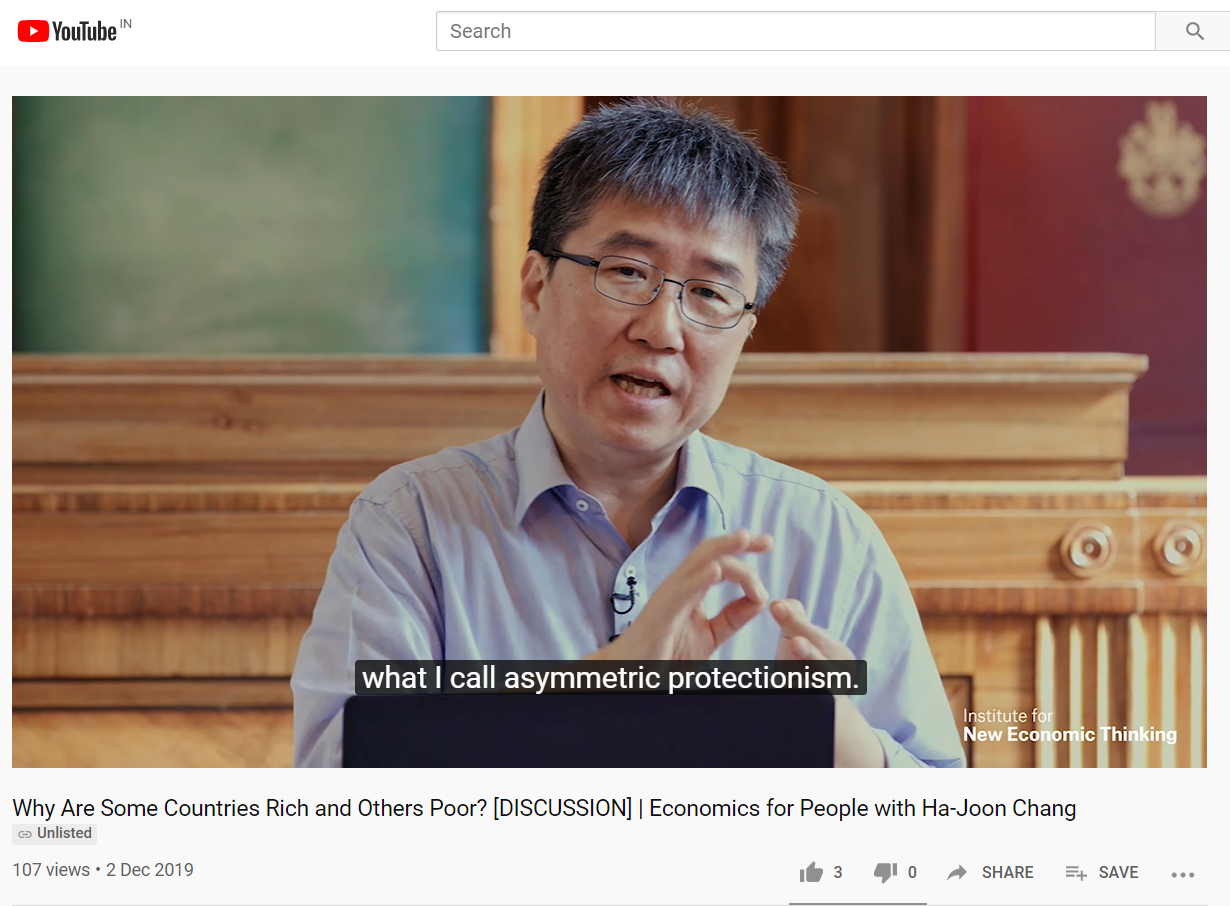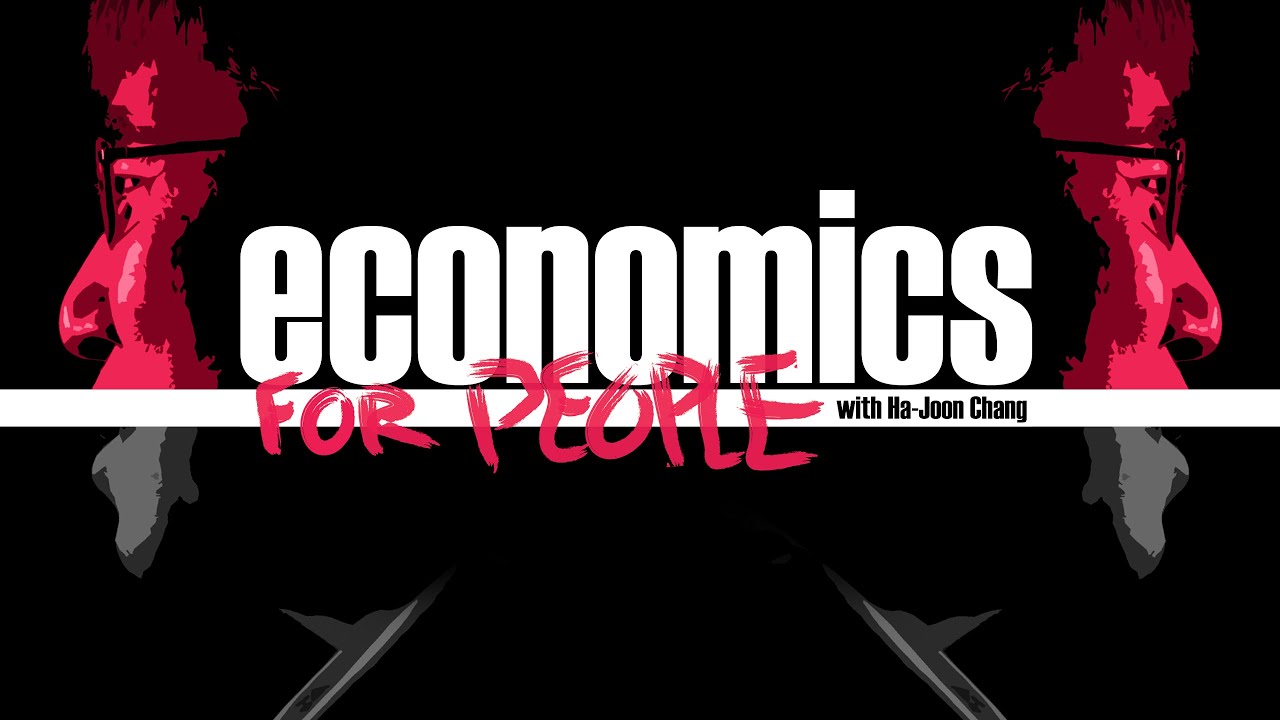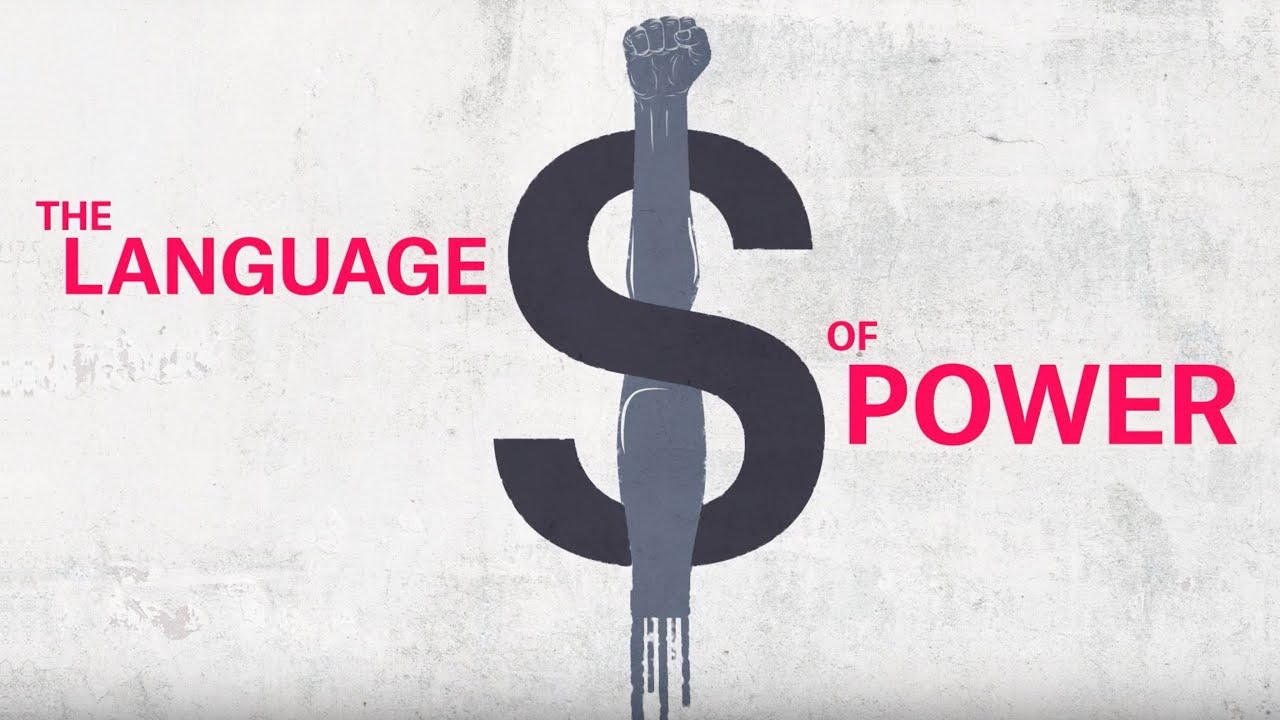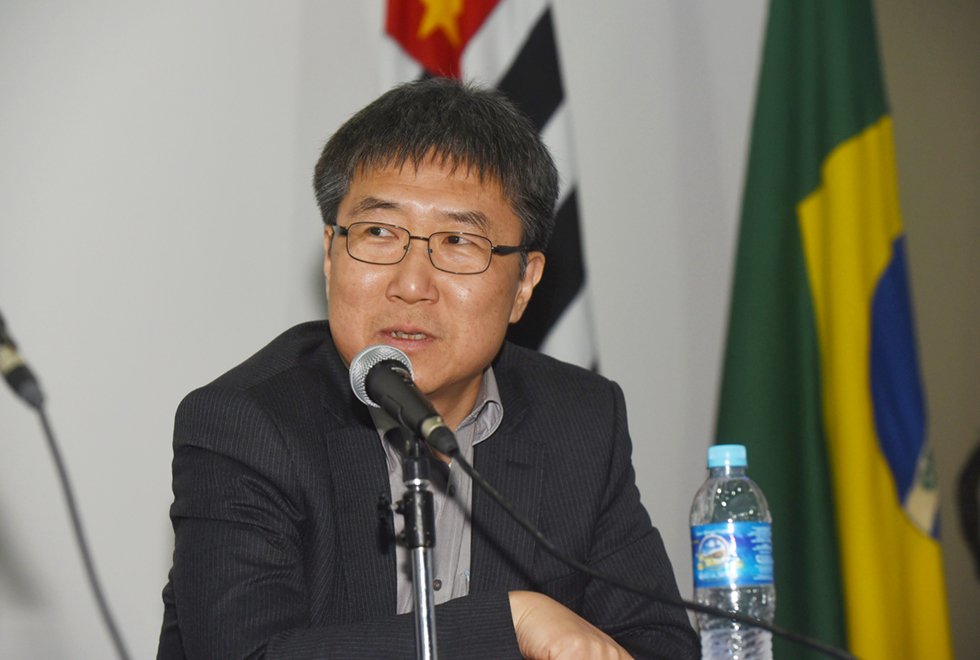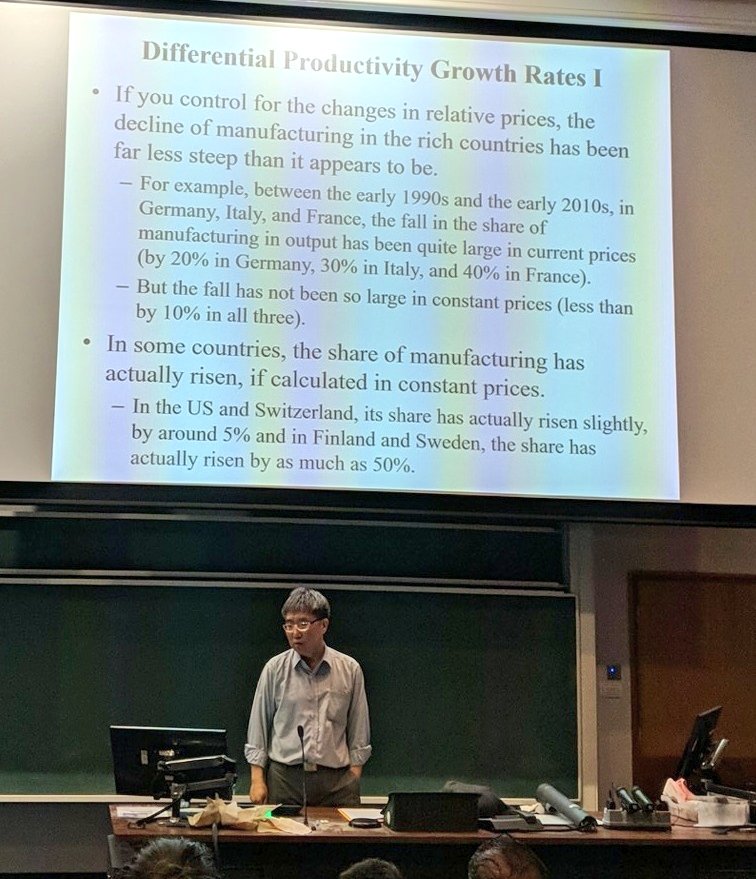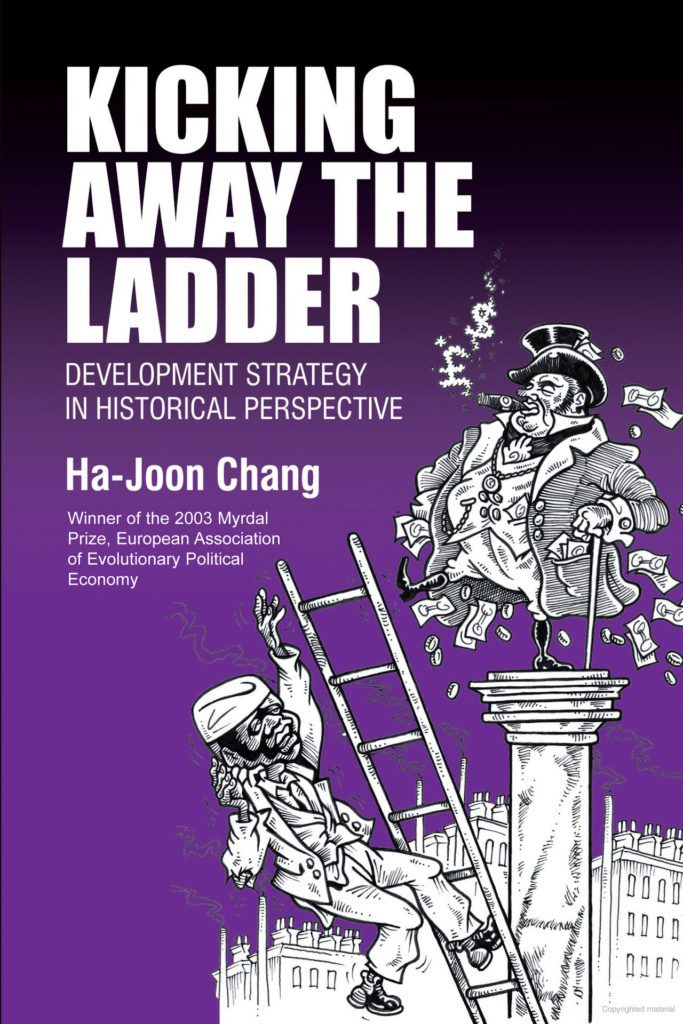In recent times, there has been a large rise in refugees. This has fueled the debate on migration—both about economic migration and on people seeking refuge in the West because of political turmoil in their home countries.
As is true with most issues, there’s a conflation. Of course, the latter is non-negotiable. Article 33. – Prohibition of expulsion or return (“refoulement”) of the United Nations’ Human Rights’ Convention relating to the Status of Refugees is clear about this:
- No Contracting State shall expel or return (” refouler “) a refugee in any manner whatsoever to the frontiers of territories where his life or freedom would be threatened on account of his race, religion, nationality, membership of a particular social group or political opinion.
So refusing refugees is both immoral and illegal.
But that still leaves a debate about economic migration. But in public debates, either people argue for “open borders” or we have xenophobic, far-right kind of arguments.
Heterodox economists such as Ha-Joon Chang argue for migration controls, who sees it as a policy for cheap labour and keeping wages low.
Now Simon Wren-Lewis thinks that it’s incorrect. On his blog he says:
[the liberal left] gets to love immigration controls and can begin again to represent the part of working class that dislikes immigration.
The reasoning is attractive. Starve firms of cheap labour, and they are forced to innovate and invest in labour saving machinery and/or in training their workers, which drives up productivity and real wages. In a world where capital is not mobile, that mechanism could work over a very long time period. But when capital is mobile, the firm has an obvious alternative: produce somewhere else where labour is cheaper. Keynes taught us not to make the mistake of assuming output was fixed, and the same is true here. Labour shortages could equally lead to less production, more imports, and a depreciation that makes everyone poorer.
The mechanism on how immigration controls work is simpler than that. There’s no need for labour-saving machinery. Instead because immigration controls put workers in a better bargaining position, it raises wages (as the Phillips curve tells us). Higher wages means higher domestic demand and hence higher output. It’s possible that some firms may shift production abroad but an economic policy which favours immigration controls also likely favours “reshoring”, i.e., bringing jobs back. In many cases—such as restaurant staff—it is not even true that jobs can be offshored. Plus why assume that non-immigrants are less productive?
It’s true—as Simon Wren-Lewis says—that output shouldn’t be assumed to be fixed, as Keynes taught us, but he also seems to miss the Kaleckian dynamics that wage rises will lead to higher output.
Of course, migration can be beneficial. But there’s conflation here too. It’s myth making to say that “immigrants aren’t taking jobs Americans don’t want to do”. But high-skill migration can be highly beneficial. This is because fortunes of nations depend critically on the competitiveness of their producers and firms are finally people. So attracting high-skill talent is beneficial for any nation. So debates and policies on immigration needs to be more nuanced.
There has been a rise in the rejection of the “center-left” globally coincident with the rise in right-wing populism. The center-left has shifted to neoliberalism instead of caring for the working class. Right-wing parties sensed an opportunity. As the blurb of a recent article, The Ruthlessly Effective Rebranding Of Europe’s New Far Right by Sasha Polakow-Suransky for The Guardian, says:
Across the continent, rightwing populist parties have seized control of the political conversation. How have they done it? By stealing the language, causes and voters of the traditional left
Macroeconomics and political economy are now more important that ever. To get back the control of the populist parties, economic myth-making needs to go.
